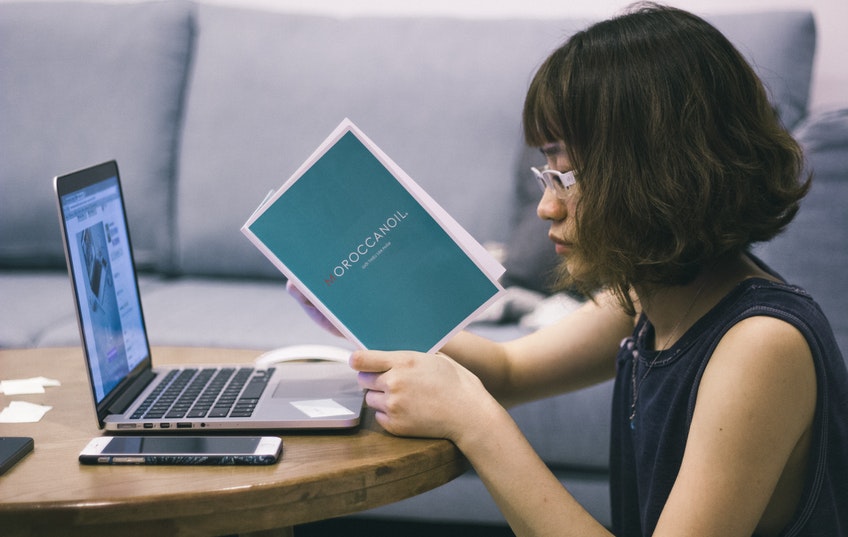Students often set themselves goals and have a great desire to reach optimum levels of language competency very quickly with the intermediate Museum of Knowledge modules assisting in the process. For a student who for example speaks English and is seeking to further perfect skills in another language such as German, any progress is determined by the language techniques employed and the amount of time the student is prepared to dedicate towards learning German.
To reach the B2 level in German, the student will have reached a level of independence. By definition, B2 level students will be able to understand the “main contents of complex texts on concrete and abstract topics as well as also understanding specialized discussions in his/her own primary area of specialization.” B2 learners are further described as those who can “communicate so spontaneously and fluently that a normal conversation with native speakers is easily possible without a great deal of effort on either side. B2 level German speakers will also be able to express themselves coherently on a wide range of topics in a clear and detailed manner, and be able to explain their point of view of his/her position providing arguments for and against specific topics in order to argue their points and put across a cross section of opinions.”
Therefore it is true to say that to reach the B2 level in German is a tall order for someone who is learning for the first time. If students have already grasped some understanding of another language beforehand such as English this may make the task easier as they will be accustomed to the key techniques and best practice required to learn a language. However grammar and sentence construction is very different if comparing German with English, so this is an additional factor to bear in mind.
In order to reach B2 level competency in German, it will however be necessary to adopt some immersive language sessions. The Museum of Knowledge would recommend in this regard, the intermediate courses we have on offer. This will afford German speakers with the ability to speak fluently and understand dialogue from other German language speakers.
German language learners should however be aware that at this B2 stage, they should be fully comfortable communicating with German speakers from various countries who may speak with different accents. That means students should be able to comprehend those speakers from Austria, Germany and Switzerland.
An intensive programme of activity would require that students taking German courses dedicate 10-15 hours a week to language learning to be sure that they have attained the right level of progression on a weekly basis and they have a good chance of reaching B2 level German language competency. Even if a trip abroad to a German speaking country may not be possible, it is still important that this schedule of 10-15 hours a week be adhered to. Thanks to the various immersion courses offered at the Museum of Knowledge including options for modules that include private tuition via moderators, markers and audio assistance, German language learners can benefit from specialized language learning sessions and assistance from a specialist German linguist without the expense of travelling.




